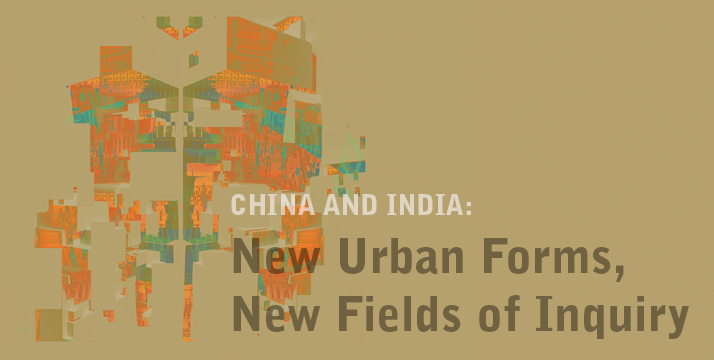
Explorations on the Asian Urban Edge
April 17, 2015 , 6:00 pm – 8:00 pm


The India China Institute is excited to announce a keynote talk by Terence McGee as part of the two-day New Urban Forms, New Fields of Inquiry conference at The New School.
“Explorations on the Asian Urban Edge: Untangling Issues of Comparative Research on Urbanization in China, India and Southeast Asia”
A Public talk by Professor Terence McGee, University of British Columbia
Welcome remarks by Provost Tim Marshall
April 17th, 6-8pm
Wollman Hall, 5th floor
65 West 11th St., NY
The New School
In the last sixty years, Professor McGee has researched Indian international migration, Malays rural-urban migration to Kuala Lumpur, street vendors in Manila, Jakarta, Bangkok, Penang and Hong Kong. His work has focused on the urban margins of Asian cities located within the diverse trajectories of urbanization in China, India and Southeast Asia. His address will focus on four main questions.
~What is the “urbanization problematique” in the 21st century?
~How can context and theory intermesh to reinterpret urbanization at different spatial scales–local, national, regional and global?
~What role does the comparative study of urbanization play in understanding urbanization at these various territorial scales?
~What are the consequences of strategic research themes for the comparative research on urban China and India?
Terence McGee has conducted research on urbanization and development in Asia for more than fifty years. He is the author of numerous influential books, monographs and articles on urbanization question in Southeast Asia, China and Latin America. He has also led several influential projects on urban development and the effects of environmental change on mega-urban regions. He was Director of the Institute of Asian Research at the University of British Columbia (1978-88, 1993-98) as well as Professor of Geography (1978-2001). He was awarded the distinguished Vautrin Lud International Prize in Geography in 2009 for his contributions to development geography.

